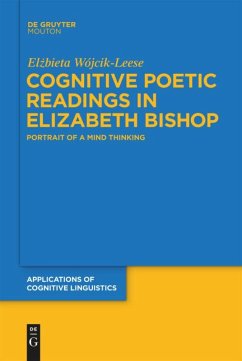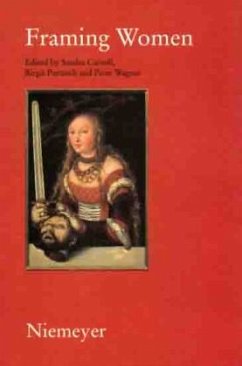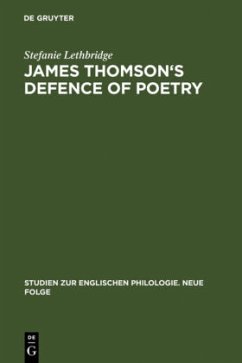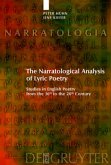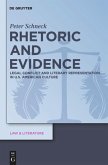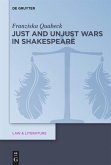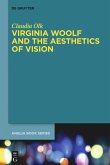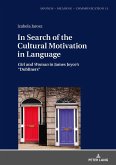This first full-length cognitive poetic study of a single author and her composition process combines cognitive linguistics with genetic and literary criticism. It portrays two minds: the poet creating her poetics and poetry as well as the reader creating her interpretations of this poetry. It focuses on eight poems and their drafts, examining Elizabeth Bishop's poetic conceptualizations. It demonstrates how our awareness of such universal structures of invention as categorization, image schemas, metaphor, conceptual integration, metonymy, idealized cognitive models, licensing stories can assist us in deducing the original movement of writing during genetic analysis or in arriving at a reading of the poem's published version.
Elizabeth Bishop (1911-1979) is one of the most eminent American poets. Her work has been awarded the Pulitzer Prize, the National Book Award and the National Book Critics Circle Award.
Elzbieta Wojcik-Leese, Ph.D. in Linguistics, was a Fulbright scholar at the Vassar College Special Collections, which holds the Elizabeth Bishop archives. She translates contemporary Polish poetry and poetry written in English. She lives in Copenhagen.
Elizabeth Bishop (1911-1979) is one of the most eminent American poets. Her work has been awarded the Pulitzer Prize, the National Book Award and the National Book Critics Circle Award.
Elzbieta Wojcik-Leese, Ph.D. in Linguistics, was a Fulbright scholar at the Vassar College Special Collections, which holds the Elizabeth Bishop archives. She translates contemporary Polish poetry and poetry written in English. She lives in Copenhagen.
"The cognitive poetics approach Elzbieta Wójcik-Leese adopts is particularly suited to an examination of Elizabeth Bishop's poetry, since Bishop defined her poetics in terms of the expression of a mind thinking, rather than the expression of a completed thought. Wójcik-Leese's research is exemplary; she accomplishes a description and explanation of poetic thought developing from the cognitive constructs of the human mind."
Margaret Freeman
"This is a superb application of cognitive linguistics research to an area unknown to most linguists - the poetic construction of a world of experience."
René Dirven
Margaret Freeman
"This is a superb application of cognitive linguistics research to an area unknown to most linguists - the poetic construction of a world of experience."
René Dirven

